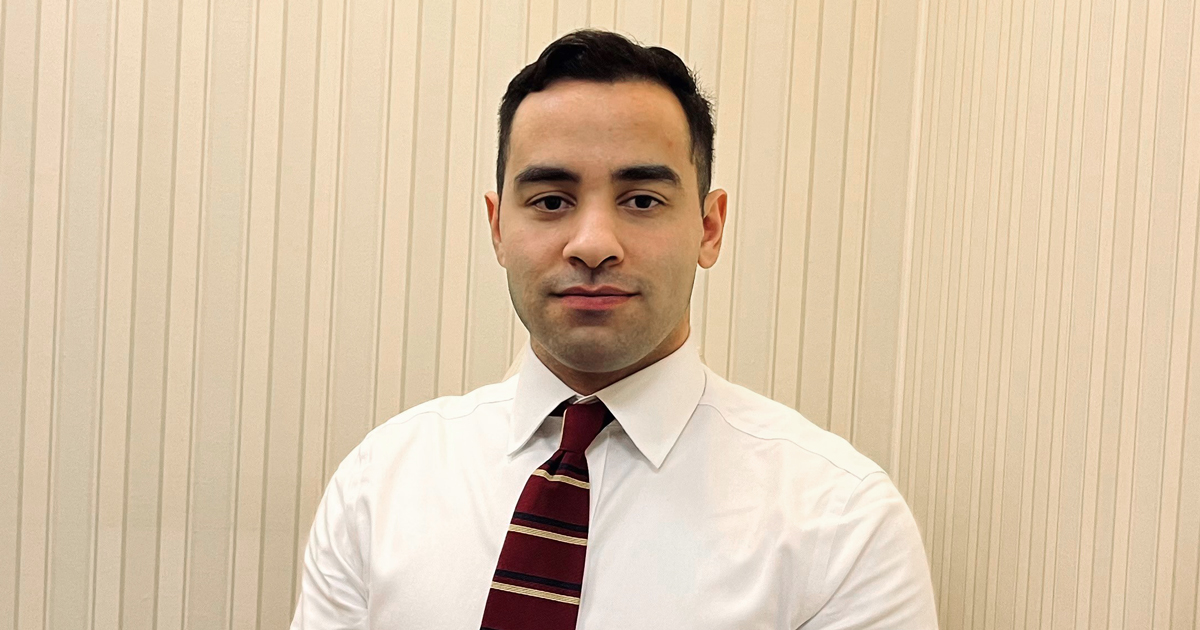High Swartz LLP is pleased to announce that Jacob Limaldi, (Charles Widger School of Law, Villanova '24) has joined the firm's business and corporate law group as a summer law clerk. His impressive background and achievements make him a valuable addition to the firm. Welcome Jacob!
Originally from Toms River, New Jersey, Jacob attended Toms River High School South, where he was a member of the school's swim team. His dedication led him to become a one-time state record holder, earning recognition from USA Swimming as a Scholastic All American and Scholar Athlete of the Year. These accomplishments demonstrate Jacob's discipline, and dedication—qualities that will undoubtedly translate well into his legal career.
Jacob pursued his undergraduate studies at Yale University, where he obtained a Bachelor of Arts degree in Political Science. During his time at Yale, Jacob not only excelled academically but also participated in the university's men's Varsity swim team. Moreover, Jacob's passion for learning and intellectual growth led him to be selected as a William F. Buckley Jr. Fellow. This prestigious fellowship recognizes students who exhibit exceptional intellectual curiosity and a commitment to exploring diverse ideas. Additionally, Jacob was honored as a Yale Club of New York City Scholar, highlighting his academic achievements.
Following his undergraduate studies, Jacob gained valuable experience at Paul Hastings LLP's New York City law office. As a corporate paralegal in the Alternative Lending & Private Credit Group, Jacob provided counsel to private lenders and financial sponsors specializing in secured credit facilities. His time at the firm not only allowed him to develop a comprehensive understanding of corporate law but also honed his skills in delivering sound legal advice to potential clients.
Outside of his professional endeavors, Jacob generously devoted his free time to volunteering with Minds Matter NYC as a writing tutor. This organization supports high school students from lower-income families in the New York City area by providing them with educational resources.
Currently pursuing his JD at the Charles Widger School of Law, Villanova University, Jacob actively contributes to the legal community. As a member of the Corporate Law Society Executive Board, he collaborates with fellow students and professionals to enhance their understanding of business law. Additionally, Jacob has been recognized as a BARBRI Law Preview Scholar, which prepared him for the rigors of law school. Furthermore, he participates in the Graduate Student Peer Mentorship Program, where he provides guidance and support to his peers, fostering a collaborative and inclusive environment.
With his well-rounded background, passion for business law, and dedication to his studies, Jacob is poised to make significant contributions to High Swartz LLP's business and corporate law group. The firm looks forward to the fresh insights that Jacob will bring as he continues to pursue his legal education at Villanova and beyond.

